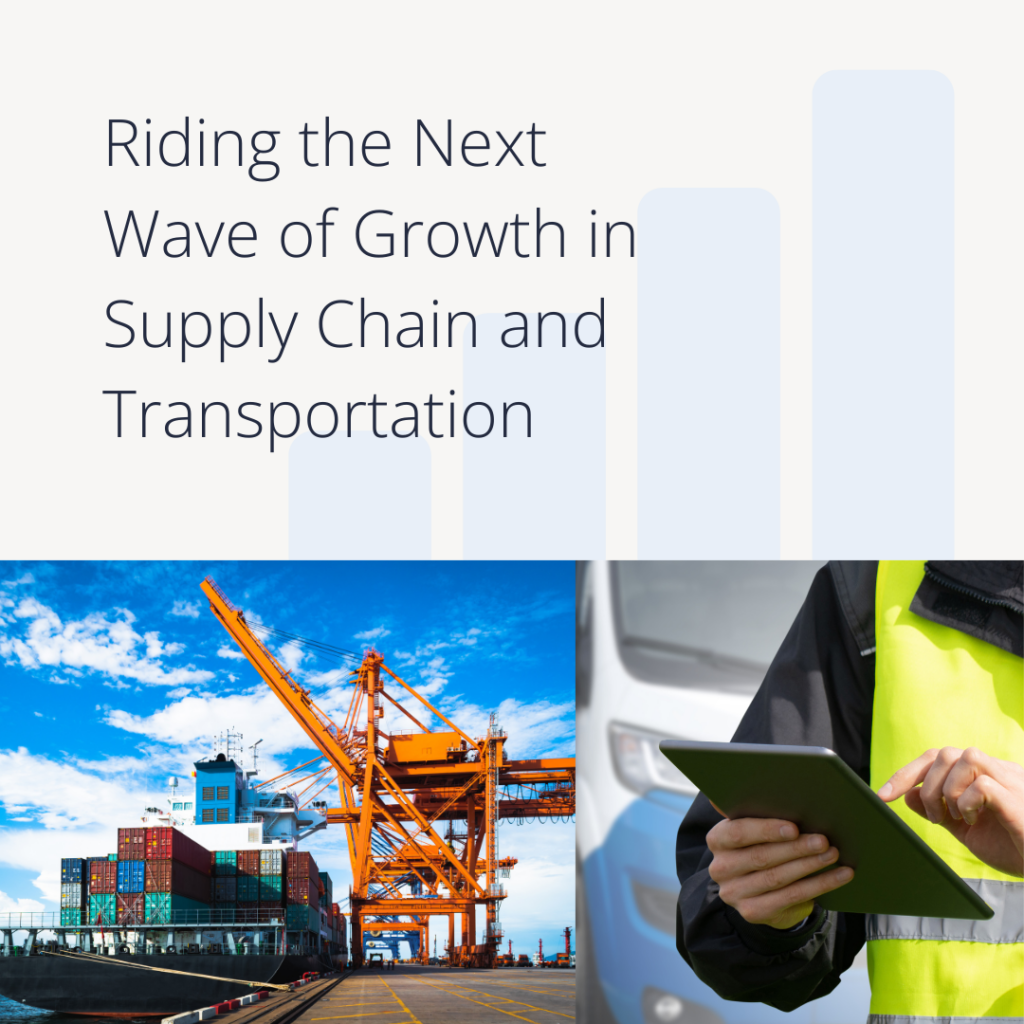Today, the transportation industry is at an inflection point, as several massive shifts bear down on it at once. Nearshoring efforts are underway across a significant number of industries as companies strive to shorten and bolster supply chains. China’s dominance in global trade is expected to wane in the next five years, with countries in Central and Southeastern Europe, as well as Central America and Mexico, picking up the slack with competitive labor and closer proximity to end-use markets.
These developments are expected to be accompanied by revolutions in data science (IoT, analytics, and artificial intelligence), material science (electric vehicles), and engineering (autonomous vehicles). Every shift represents an opportunity for new competitors to enter the market, as startups, megaretailers, and hyperscalers all vie for a piece of the trillions of dollars at stake.
This transformation is already underway, and those companies that are able to navigate the forces at work have the greatest change of success moving forward. MRINetwork, with a long history of service to the transportation, supply chain and logistics industries, is keenly aware of the needs of their clients to bring on board talent that is both forward-thinking and experienced to meet the challenges – and tremendous opportunities – facing them today. Over the past two years, the number of placements in these industries has approached 1,000, and recruiters expect that number to grow this year.
Since the industry still suffers from data fragmentation, for example, companies with advanced digital strategies are at a significant advantage. The ascent of data and analytics could pave the way for new competition from digital-native startups and hyperscalers to set their sights on transportation as a source of profits.
New competitive dynamics are also a factor. Cloud services providers, megaretailers, vehicle manufacturers and tech startups are pursuing the transportation industry and its profit streams. As their interest and expertise grow, they are positioned to usurp territory and customers from legacy logistics companies and prompt new models of collaboration.
This changing environment demands restructuring in order to align core capabilities. Transportation leaders recognize they need to change to meet this moment. Many companies are already in the process of reshuffling their structure and operations by outsourcing noncore capabilities and seeking acquisitions to expand their capabilities. And companies that are outsourcing are also building or acquiring new core capabilities.
Innovation and rigorous alignment with strategic priorities will set true leaders apart from the pack. The next few years could be critical as companies decide which of their operations are their core competencies and which are better handled by outside partners.

Connect with MRINetwork